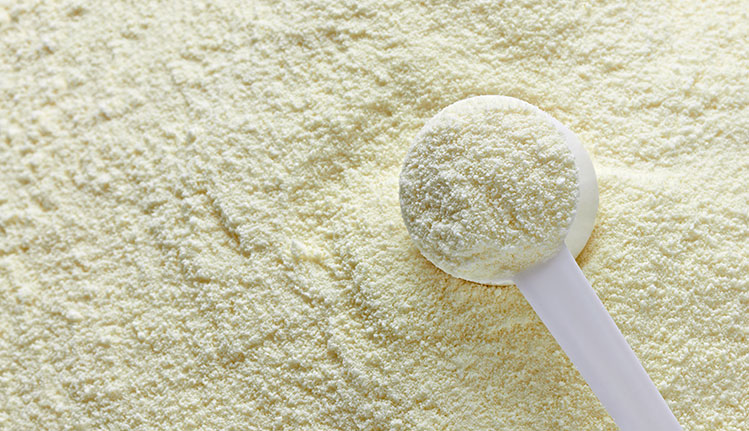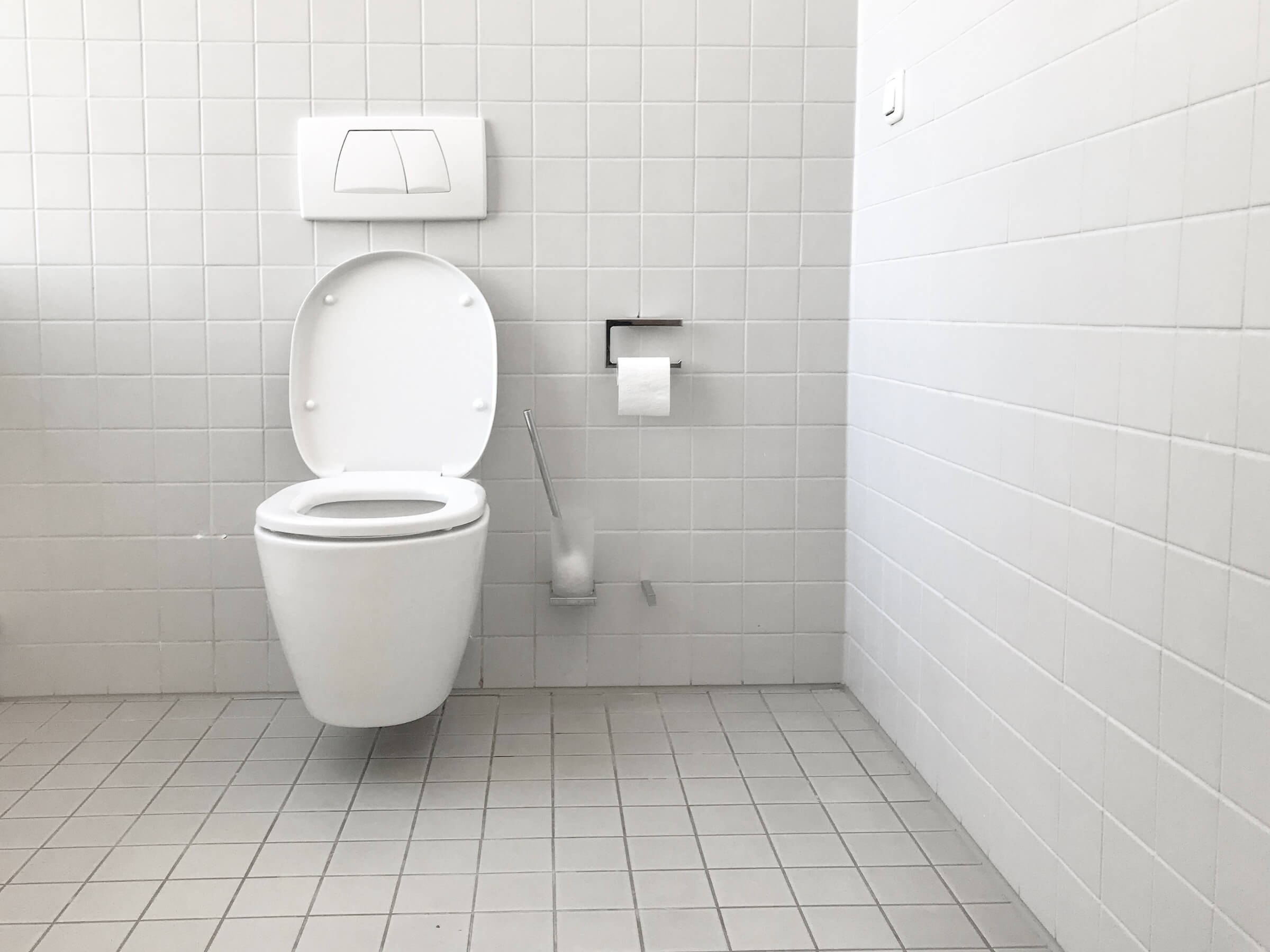There are a number of alternative and complementary solutions to manage constipation. A wide range of these options can be purchased online via retail outlets but may not generally be used by most doctors. They should be used alongside the treatment offered by your health professional and never used as a substitute.
There are many digestive conditions that can have a real impact on day-to-day life. Diet is a major cause influencing digestive conditions, but other factors include stress, general health, family history and medical history (including surgical history).
How much fibre should you have each day?
The recommended daily intake of fibre is 18-30g – something that many of us lack with the modern diet. Fibre is a key part of our dietary intake to ensure we maintain a healthy bowel. Not eating enough fibre can lead to digestive problems such as constipation and other chronic digestive disorders.
How to Increase Fibre Intake
One of the most common methods to increasing our daily intake of fibre is either by eating fibre rich foods or with supplements.
Fibre supplements which are sometimes called bulk-forming laxatives are usually suitable for everyday use.

Different Types of Fibre
There are two different types of fibre; soluble and insoluble.
Soluble Fibre
Soluble fibre dissolves in the intestines to form a gel type substance. This helps food move along the digestive tract. Dietary sources of soluble fibre include oats, nuts and seeds, some fruit and vegetables and pectin’s.
Soluble fibre also helps to regulate blood glucose levels. You’ll see some examples of soluble fibre below.
Soluble Fibre Foods
- Oats, citrus fruits, barely, beans, peas
- Apples, bananas, berries, soya beans.
Insoluble Fibre
Insoluble fibre however is not dis-solvable and moves through the intestines without being absorbed. This fibre adds bulk to bowel movements and helps to reduce constipation.
It has been suggested that insoluble fibre is best eaten raw for best results. See examples of insoluble fibre as follows.
Insoluble Fibre Foods include:
- Apple skin, cherries, grapes, pineapple, rhubarb, oranges, melons, date, prunes and berries. Vegetables with the highest amounts of insoluble fibre are turnips, beets, cauliflower, cabbage, sprouts and carrot, broccoli, green beans, cucumbers, onions, sprouts, celery, tomatoes, bell peppers and corn.
- Nuts/seeds such as pumpkin, flax, peanuts, walnuts, cashews, and almonds, as well as popcorn and lentils.
Unprocessed bran is a cheap fibre supplement. You can sprinkle bran on breakfast cereals, or mix it with fruit juices, milk, stews, etc.

When to take Fibre Supplements
Adjusting your diet to include the recommended daily fibre intake and drinking plenty of water (around 1.5 to 2l per day) should be enough to encourage a bowel movement to ease constipation.
If you are taking any medicines – either prescribed or over-the-counter – ask your doctor or chemist if they could be adding to your constipation. Where possible, try to remove constipating medications.
If really necessary, try using a fibre supplement such as fybogel and possibly suppositories or mini-enemas to help regularise the bowels, but they should not be used long term. Some foods can act as natural laxative for some people, these include; prunes, figs, liquorice, coffee/tea, spicy food.
Fibre Supplements Side Effects
You may find that if you eat more fibre or fibre supplements, you may have some bloating and wind at first. This is often temporary. However, some people report that a high-fibre diet causes some persistent mild symptoms such as mild pains and bloating.
People with Colitis or Crohns Disease should always speak to their GP first before increasing their fibre intake as it could have a detrimental effect.
Further Information
You should always have lots to drink when you eat a high-fibre diet or take fibre supplements. The recommended daily fluid intake for an adult is between 1.5-2 litres (6-8 glasses). This will help to keep the stool soft and prevent a blockage in the gut, which can be a rare complication of eating a lot of fibre without adequate fluid.
If you’re considering using fibre supplements, please speak to your GP or healthcare professional first especially if you are already taking traditional medication for your symptoms or condition.








